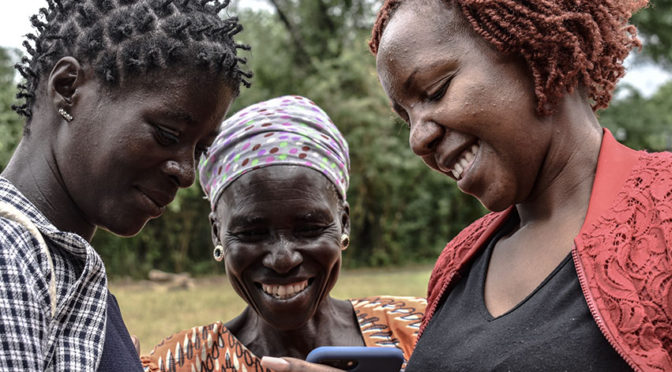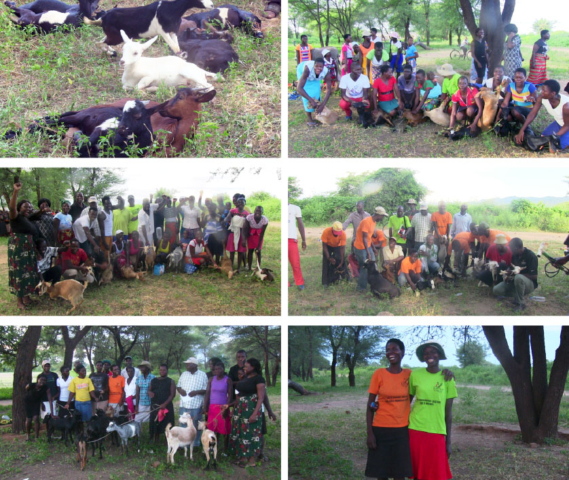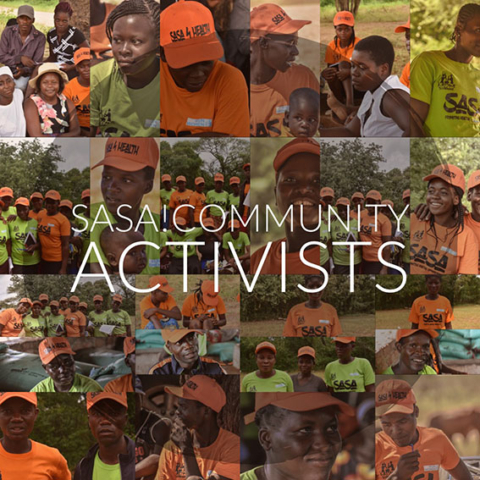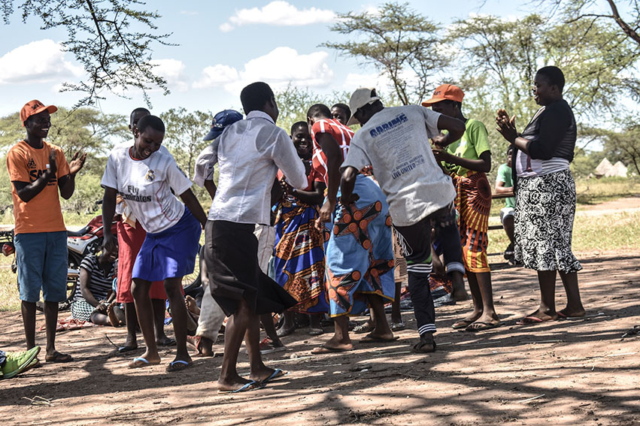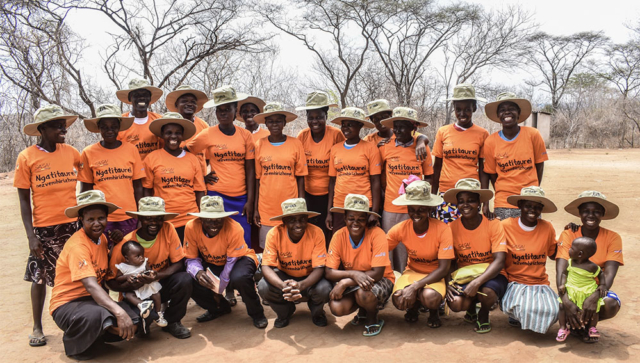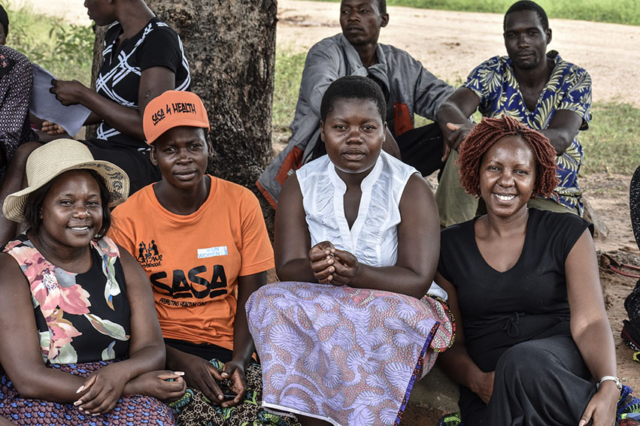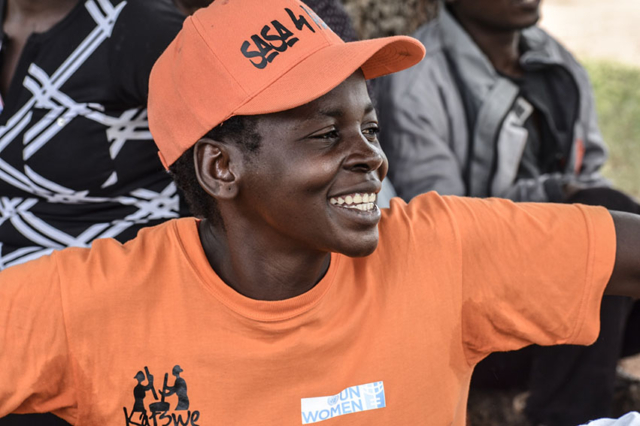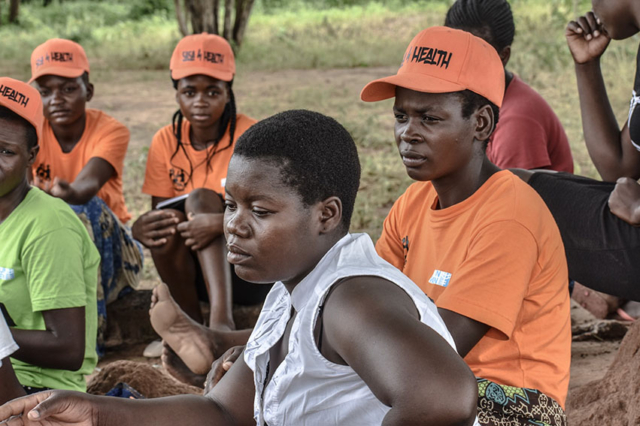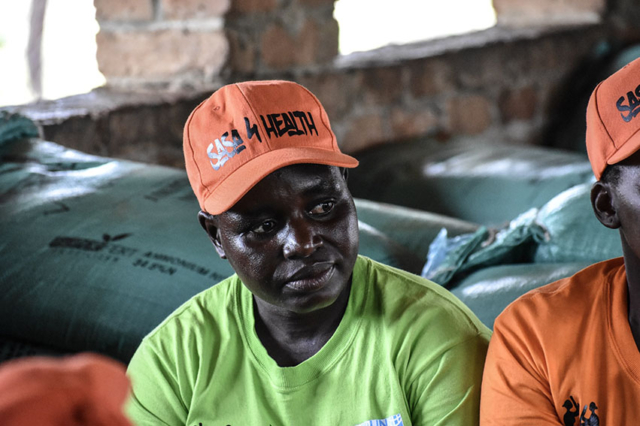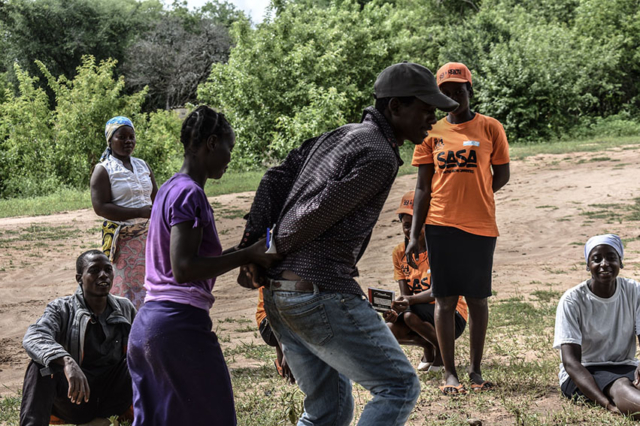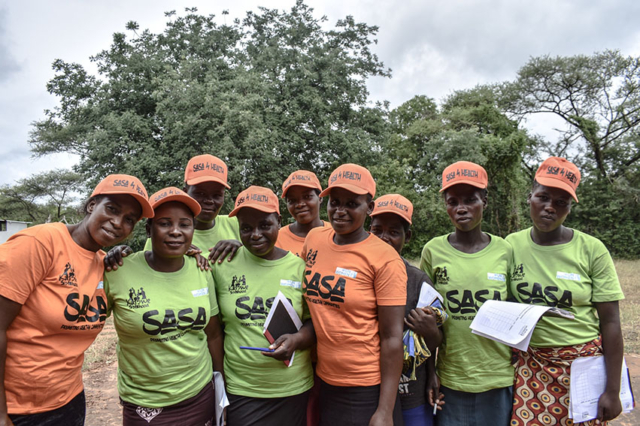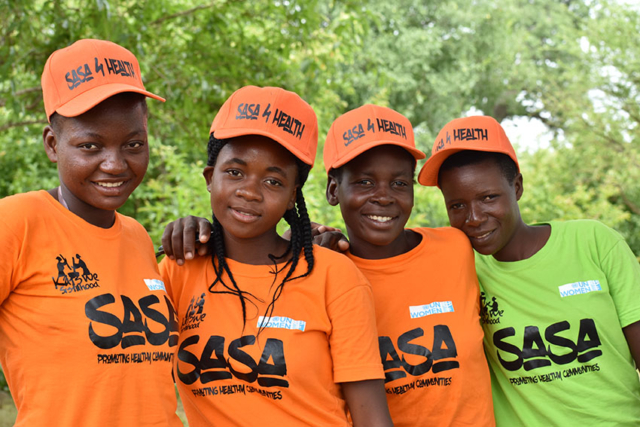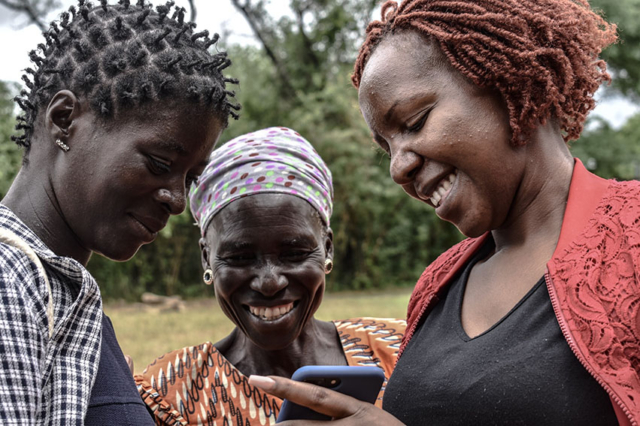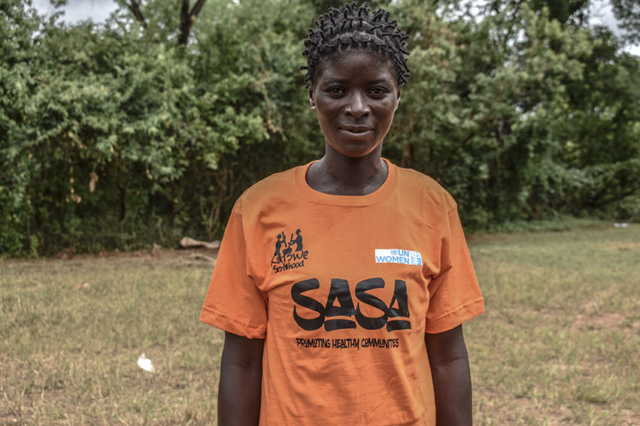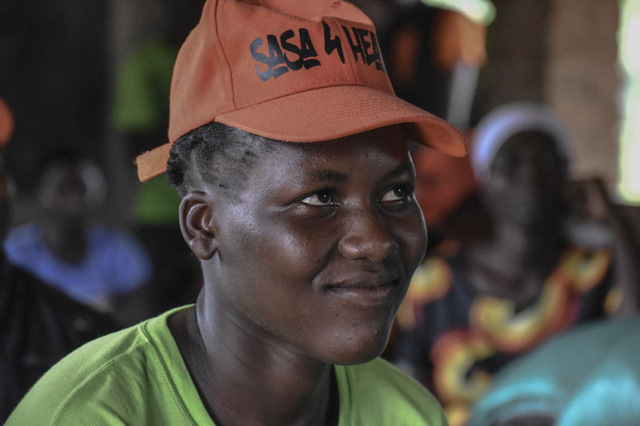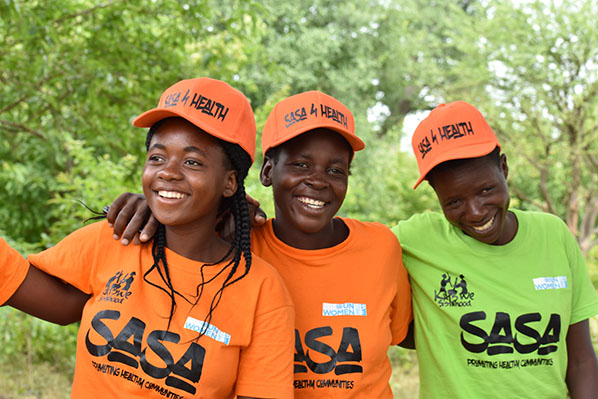Young women and girls are forced into early marriages out of desperation i.e. driven by poverty, or unplanned pregnancies, or religious and cultural practices.
Mashonaland Central has the lowest human development indicators and literacy is very low as compared to other provinces and districts. When it comes to participating in developmental processes they are left out (Demographic Health Survey 2017). In addition to that the Demographic Health Survey of 2017 highlighted that Mashonaland Central has the highest number of child marriages with 50A%, followed by Mashonaland West with 42% and Masvingo with 39% with Bulawayo having the least at 10% .
Furthermore, in Mashonaland Central the highest number of child marriages are in Mbire district. This is perpetuated by a range of social, political, economic and cultural factors, but fundamentally rooted in poverty and gender inequality. Beyond that, the local stakeholders have highlighted worrying trends of increasing gender-based violence cases especially during the harvest season, when partners fight over proceeds from their cotton sales. Another issue of concern is some cultural practices that initiate girls into sexual activity very early on in life, of which the bulk of the sexual contact will be targeted at young girls who are not able to consent to sexual activity given their ages.
Mbire district literacy levels are very low, especially among girls and women. Girl child education is not important to them thus many girls do not go to school and they are married off.
Katswe Sistahood with support from UN Women Zimbabwe, is implementing a project in ward 2 and 3 in Mbire, with the aim of reducing violence against women. Through this project Katswe Sistahood holds Pachoto meetings, which are community dialogues to discuss issues affecting the area particularly GBV and sexual violence. One of the objectives of the project is to train community activists who in turn lead grassroots initiatives through creating platforms to engage young people, men and women to initiate dialogues at community level.
Katswe has realised that the communities are appreciating the project so that there can be reduction of violence against women incidents in the wards. The local leadership and the government stakeholders in the district are also recognising Katswe’s efforts thus they are complementing our work in most of the activities that are being carried out in the wards.

